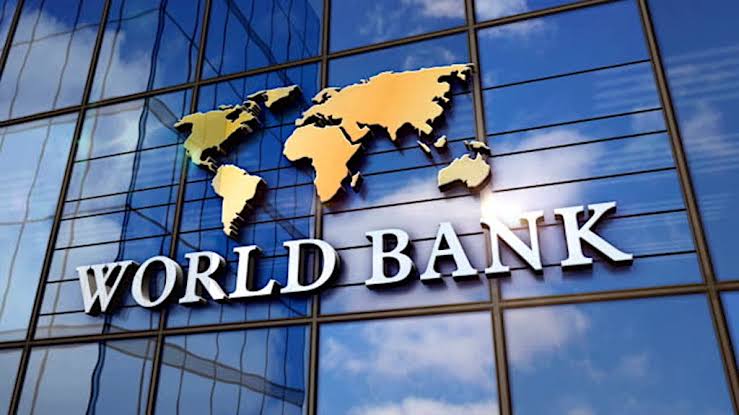Business
Ease of Doing Business: World Bank puts cost of trade in Nigeria at 500% more than US

In a startling report and a knock on Nigeria’s ease of doing business initiative, the World bank has stated that the cost of trade in Nigeria and Ethiopia is four to five times higher than what obtains in the United States due to insecurity, higher transportation costs, topography and poor road infrastructure.
This was contained in the Bretton Wood’s institute Africa Pulse publication released recently.
The global lender noted that market distortions across Africa result in price differences of imported food and non-food products, indicating lack of integration across African markets.
The report stated, “Similarly, access to product markets is constrained, which prevents firms and farms from scaling up their production. In particular, the lack of connectivity and market integration means that markets are segmented, allowing firms or farms with market power to capture benefits, contributing to income inequality.”
“Studies from the Africa region consistently find spatial differences in prices of imported goods (food and non-food) as well as non-traded agricultural staples, indicating that markets are not well-integrated, and the retail prices of products are affected by distance. For instance, trade costs are four to five times higher in Ethiopia and Nigeria than in the United States, due to poor road infrastructure, low competition in the transportation sector, and topography.”
READ ALSO:World Bank to extend fresh $500m loan to FG to boost agriculture
The report concluded that the consequences of these distortions include preference of African producers to sell locally rather than export.
Furthermore, the report noted that frictions in the labour markets across Africa are as a result of high transport cost, elevated cost of screening workers and lack of information on labour opportunities.
The World Bank also captured the influence of state involvement through regulation in markets across Africa creating barriers to trade competition and investment. It noted the tendency for big players in such environments to set prices above market rate to the disadvantage of consumers, small competitors and workers.
It stated, “Global analysis of World Bank and Organisation for Economic Co-operation and Development indicators of product market regulations suggest that barriers to competition in product markets tend to be higher in African countries, due to a high degree of state involvement in markets, legal and administrative barriers to entrepreneurship, as well as barriers to trade and investment.”
It also stated that such an anti-competitive market environment stifles innovation and further inhibits the growth trajectory in such economies.
By: Babajide Okeowo
Join the conversation
Opinions
Support Ripples Nigeria, hold up solutions journalism
Balanced, fearless journalism driven by data comes at huge financial costs.
As a media platform, we hold leadership accountable and will not trade the right to press freedom and free speech for a piece of cake.
If you like what we do, and are ready to uphold solutions journalism, kindly donate to the Ripples Nigeria cause.
Your support would help to ensure that citizens and institutions continue to have free access to credible and reliable information for societal development.